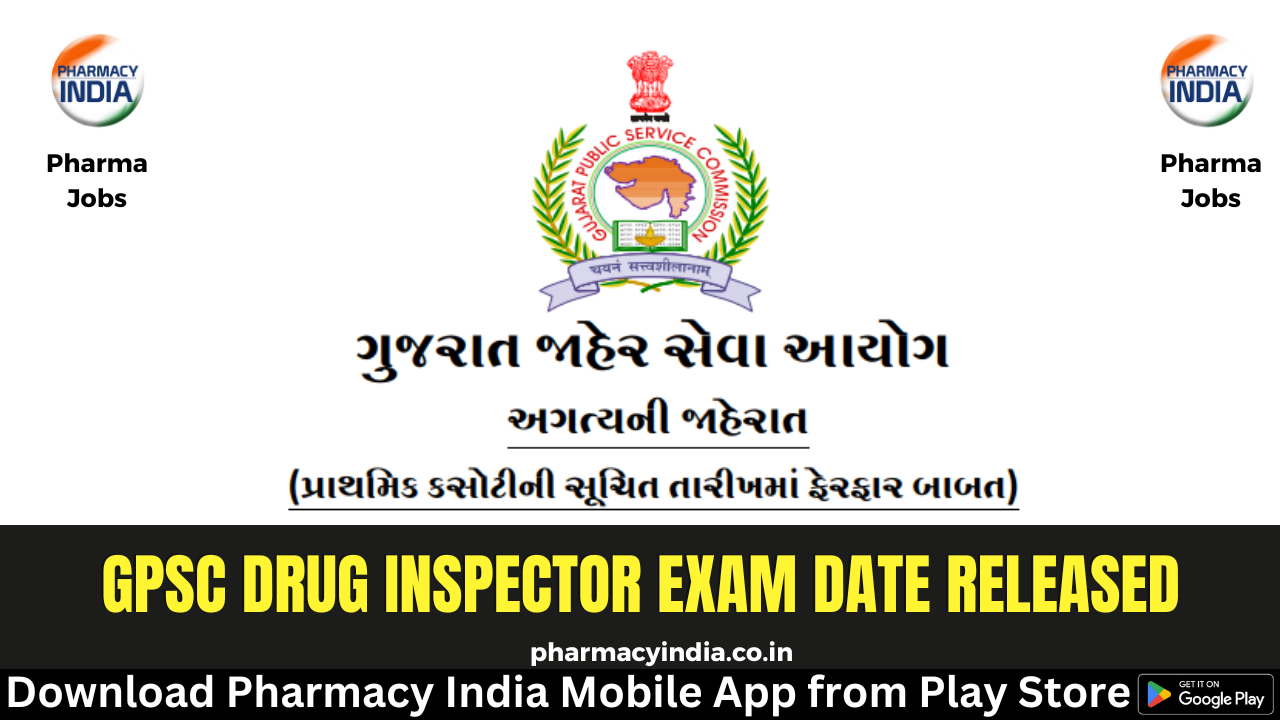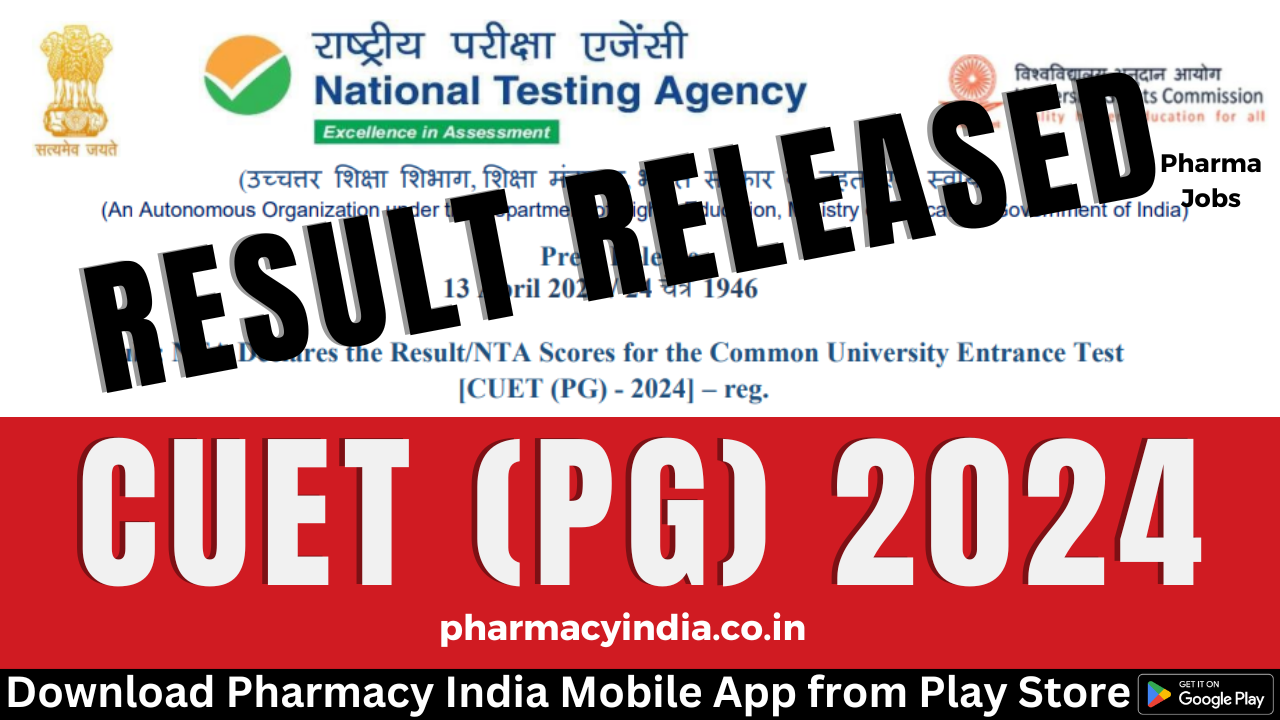In order to treat persons with aortic regurgitation or stenosis, Abbott announced that the US Food and Drug Administration (FDA) has approved the company’s Epic Max stented tissue valve. With an enhanced design to further increase valve blood flow, this device is the newest addition to Abbott’s Epic surgical valve platform, which has a long history of safety and positive clinical outcomes. Reduced blood flow to the body results from the aortic valve’s failure to fully open or close (aortic regurgitation and aortic stenosis, respectively). Aortic valve dysfunction can cause mortality, heart failure, stroke, blood clots, and other serious health problems if it is not treated. In an open-heart surgery, heart valves that are diseased or damaged and cannot be healed may be surgically replaced with either mechanical or bioprosthetic (tissue) valves. When a patient needs a new valve but cannot take blood-thinning medication, bioprosthetic valves like Epic Max are advised.
Epic Max’s low-profile frame makes it easier for patients to receive potential future transcatheter procedures. It is made to achieve great hemodynamics, or blood flow. This novel valve is based on the long-lasting performance and durability of the Epic surgical valve platform. Abbott’s Epic Max design optimises blood flow for patients and has a low profile that makes future cardiac interventions, if necessary, easier, according to Joseph E. Bavaria, M.D., cardiovascular surgery, University of Pennsylvania. “The aortic valve is one of the heart valves most commonly impacted by cardiovascular disease, frequently requiring replacement,” he added.
“We’re achieving two crucial things with Epic Max: The primary objective of the surgery is to enhance heart valve hemodynamics. As managing a patient’s disease over their lifespan becomes an increasingly important factor in choosing a device therapy, we are maintaining options and capabilities for this “said Michael Dale, senior vice president of Abbott’s structural heart division.







